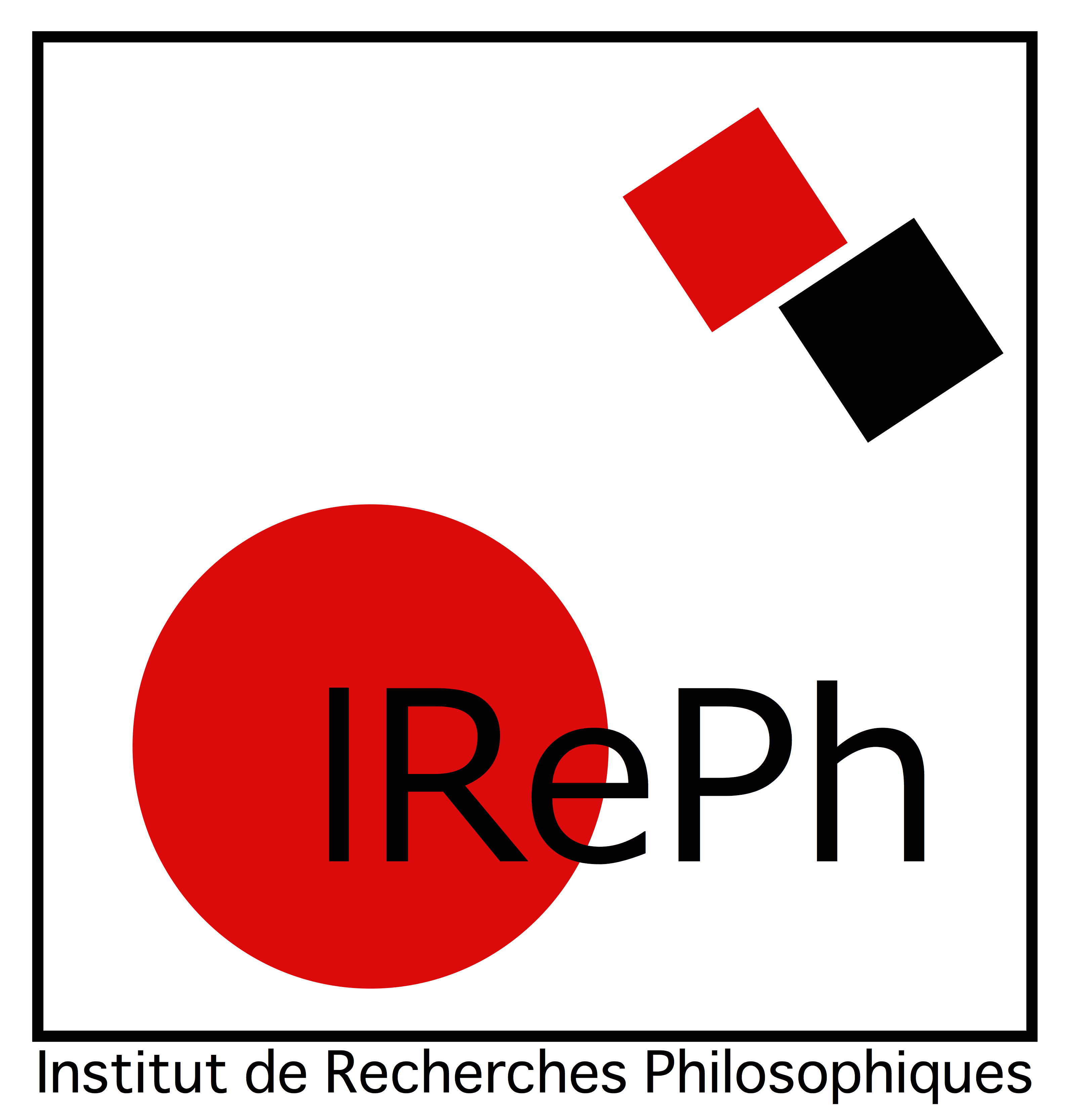Version française / Actualités
- Libellé inconnu,
Séminaire Objets/Projets : Daniel Smith
Publié le 17 novembre 2022
–
Mis à jour le 18 novembre 2022

Date(s)
le 17 novembre 2022
17h30 - 19h
Lieu(x)
Bâtiment Paul Ricoeur (L)
Salle des conseils
DANIEL SMITH (Purdue University, Etats-Unis)
Is knowledge artifactual ? Deleuze, technicity and truth
Is knowledge artifactual ? Deleuze, technicity and truth
My presentation addresses two interrelated questions in the philosophy of technology:
1. First: Is knowledge artifactual? The Greeks denigrated technē (technics) in favor of epistêmê (knowledge) and considered knowledge to be primarily conceptual, discursive, theoretical. I will explore the thesis that knowledge is in fact primarily artifactual. The seventeenth century, for instance, developed a “mechanistic” view of nature based on artifacts such as clocks (the “clockwork universe”), just as, today, computers are often seen as models for the mind. These connections are not mere metaphors or analogies. If we can comprehend nature through such “technical schemata,” it is because Nature is an organization of matter, and technical artifacts are ways in which we have learned to organize matter. Siegfried Giedion argued, rightly, that any technology makes explicit what was implicit and automatic in the process it replaces,” and in this sense, every artifact can be seen as a kind of an experimental laboratory that produces a “maker’s knowledge” (Vico).
2. This leads to a second, more difficult, question: If knowledge is primarily artifactual, what led the Greeks to consider knowledge to be primarily discursive and conceptual? I will analyze the response given by thinkers such as McLuhan, Havelock, and Goody: it was the technology of writing that made explicit the fundamental elements of language (letters, words, sentences, prose), and thereby separating words from their objects and sentences from their use in conversation—a “decontextualization” of language through the artifice of writing that became the condition for the focus on definitions, truth, logic, and formal rationality. Logic, in this sense, finds its condition in technics. This perhaps explains Deleuze’s suggestion that the question that should be posed to a concept is not “What does it mean?” but “How does it work?” (Anti-Oedipus, p. 109).
Mis à jour le 18 novembre 2022







